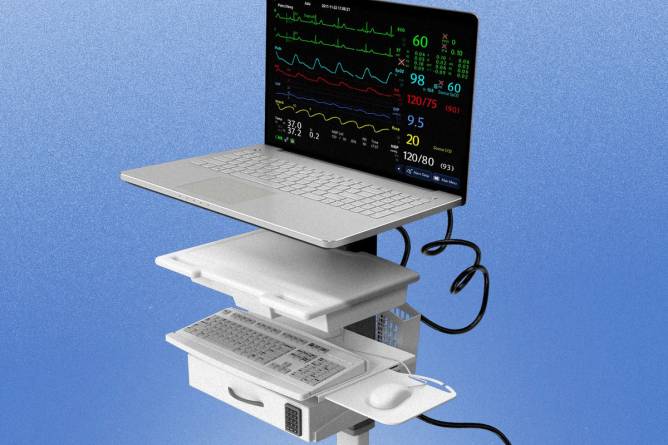|
My world’s on fire, how ’bout yours?
In recent years, this has become a common refrain in California, where 95% of the state’s 3,087 hospitals, nursing homes, and mental health in-patient facilities are less than four miles from a “high fire threat zone,” according to a study released in 2023 by the Harvard T.H. Chan School of Public Health.
“There is an urgent need for hospitals and healthcare systems to enhance their preparedness,” Robert Metzke, global head of sustainability at Dutch health tech company Royal Philips, told Healthcare Brew in an email.
Oakland, California-based nonprofit Kaiser Permanente is one of those health systems that’s been directly impacted by wildfires in recent years. Kaiser operates 40 hospitals and 614 facilities across various states—including Hawai‘i, where the system closed its Lahaina Clinic in August 2023 due to wildfires. (It reopened a temporary 5,200-square-foot West Maui space in March 2024.)
As extreme weather events like wildfires become more frequent and intense as a consequence of the climate crisis, Kaiser is putting an emphasis on helping patients in at-risk areas prepare, while also trying to make sure day-to-day operations aren’t greatly disrupted.
Keep reading here.—NO
|









